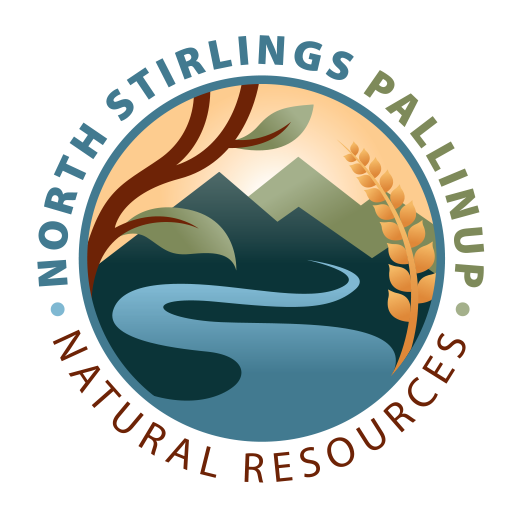Date of Media Release: 27th January 2023
NSPNR partners with Yongergnow to hold feral animal tally and breakfast
North Stirlings Pallinup Natural Resources and Yongergnow Australian Malleefowl Centre have partnered to hold the 2023 Feral Animal Tally and Community Breakfast
Teams can choose to present at either of two locations at Ongerup and Gnowangerup for the tally and breakfast.
The event is part of NSPNR’s project, Expanded predator control program in the Fitz-Stirling Corridor that aims to reduce the number of feral cats, foxes and rabbits in the area.
North Stirlings Pallinup Natural Resources (NSPNR) has partnered with Yongergnow Australian Malleefowl Centre to hold the 2023 NSPNR - Yongergnow Feral Animal Tally and Community Breakfast on Saturday 18th February. Registered teams are invited from Shire of Gnowangerup, Broomehill East, Gnowellen and beyond to target foxes, feral cats and rabbits from 5pm the night before.
The event is part of NSPNR’s project, Expanded predator control program in the Fitz-Stirling Corridor that aims to reduce the number of feral cats, foxes and rabbits in the area. The project is supported by funding from the Western Australian Government’s State NRM Program.
The Fitz-Stirling Corridor connects the Stirling Range and Fitzgerald River national parks in the Great Southern Region. The area is identified as a Priority Place in the Australian Government’s 2022-2032 Threatened Species Action Plan.
Teams can choose to present at either of two locations, at Ongerup and Gnowangerup, for the tally and breakfast. Following the tally, teams will gather with community members to enjoy a breakfast and discover how many foxes, feral cats and rabbits were removed from the sub-region. The community breakfast provides important social interaction to start the season.
The NSPNR tally in 2022 was 251 foxes, 7 feral cats and 88 rabbits in the Gnowangerup Shire and Gnowellen.
Foxes, cats and other invasive fauna have a devastating impact on the numbers and biodiversity of wildlife species in the North Stirlings - Pallinup sub-region. Foxes may have been a primary cause of the extinction of many Australian small and medium-sized native species1. About 80 endangered and threatened species are at risk from feral cat predation in Australia2.
Pest animals are also a cost to farmers who lose production and have to undertake control measures. Foxes were estimated to cost Australia more than $35 million in lost production in 20133. They are highly mobile and can travel up to 10 km per night3. Diseases spread by feral cats can cost Australian agriculture up to almost $12 million each year4. Toxoplasmosis is a parasite that can be transferred from feral cats to pregnant ewes, potentially causing embryonic fatalities and miscarriages.
NSPNR - Yongergnow’s feral animal tally is registered for the Red Card program, through which Sporting Shooters Association of Australia WA is donating $5 for every cat and fox culled (to a capped amount) to the Regional Men's Health Initiative5.
Teams can register for the NSPNR - Yongergnow Feral Animal Tally and Community Breakfast by signing up at https://yongergnow.com.au/centre/tally2023/ by 5pm on Wednesday 15th February.
The NSPNR - Yongergnow Feral Animal Tally and Community Breakfast is possible thanks to our sponsors including the Western Australian Government’s State NRM Program, South Coast Natural Resource Management, Bush Heritage Australia, Elders, WAMMCO, Gnowangerup Hardware, Farmers Centre 1978 Albany, Shire of Gnowangerup, and Red Card for Rabbits and Foxes.
NSPNR is a natural resource management (NRM) group that works with landholders in the Shire of Gnowangerup and the localities of Broomehill East and Gnowellen.
NSPNR was established at Borden as a not-for-profit organisation to address natural resource management issues. NSPNR is delivering a range of projects and services in the North Stirlings - Pallinup sub-region with a current focus on protecting threatened native species, supporting sustainable food production, protecting and monitoring the Pallinup River and tributaries, and supporting feral animal control by landholders. The organisation is managed by a volunteer board of community members and industry stakeholders, and has four part-time staff who enthusiastically work with NSPNR partners to carry out the group's activities.
